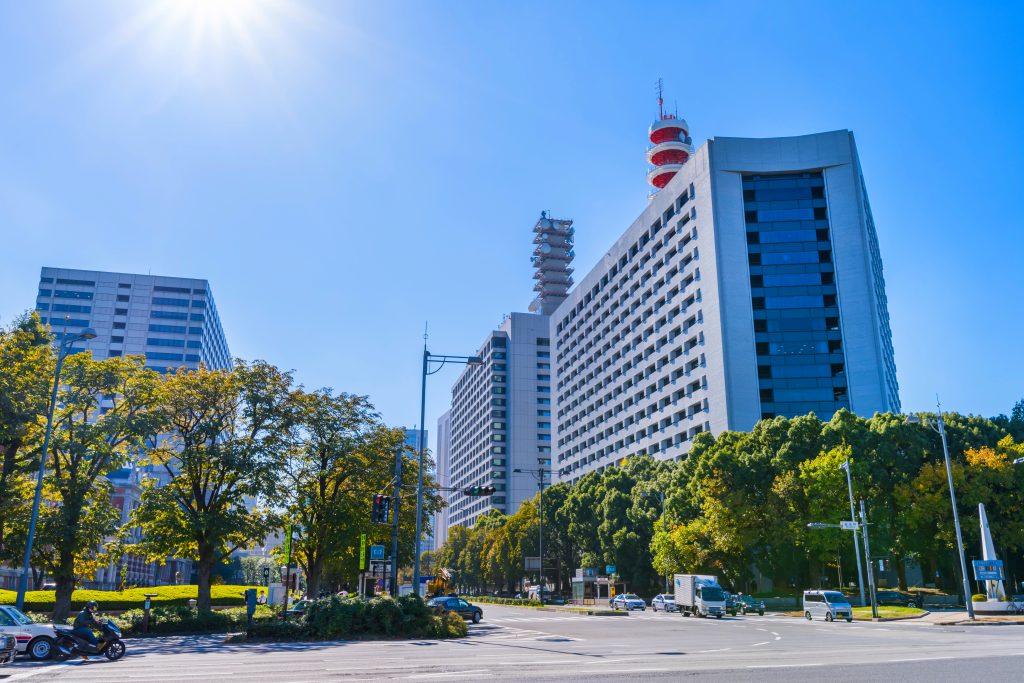
- ARAB NEWS
- 16 May 2024

Japanese police are increasing efforts to prevent the spread of infection of the novel coronavirus among detainees. This move comes as some contracted the virus after being held at a police station in Tokyo last month, and the consequent temporary closure of the detention facility.
Concerned about the possibility of a similar circumstance happening elsewhere in the country, the National Police Agency is calling for each detainee to be given an individual cell, however, this is perceived to be difficult due to limited capacities.
At the Shibuya police station of Metropolitan Police Department, a detainee was confirmed to be infected with the virus on April 8 and another on April 12.
Infections were found among five more inmates on April 18, after Polymerase chain reaction tests were conducted on a number of people, including officers in charge of the management of the detention facility, at a police station in Tokyo's Shibuya Ward.
The MPD temporarily closed the detention facility at the Shibuya station while relocating all detainees to other facilities.
"We take the infection of the seven detainees seriously," a senior MPD official said.
Detention facilities, including prisons, tend to constitute closed, crowded and close-contact settings.
In April, the Justice Ministry released guidelines calling for, among other things, individual confinement of new detainees in one cell for 14 days, and checking their body temperature twice every day during that period.
In February, the NPA in instructed police departments across the nation to try to have one cell confine only one inmate, but an MPD executive had admited that the capacities available at the detention facilities in police stations are limited.
Two of the seven infected detainees at the Shibuya police station were sharing a cell, which was also used by a different inmate at the same time.
As of April 2019, there were 1,128 detention facilities at police stations across the nation that can hold up to 21,605 people, according to the NPA.
The occupancy rate is relatively low, averaging about 37 ppercent, but an NPA official cited "regional imbalances," indicating that some regions have more detainees than others.
The official also said, "It is not easy to allocate one cell to one inmate at large and midsize police departments."
The Japan Federation of Bar Associations, in a statement released under the name of its president, Tadashi Ara, in April, called on law-enforcement authorities to avoid arrests as much as possible. It also said that suspects in detention should be released and investigations should be carried out at home.
While showing an intention to examine whether the proposed measures are necessary, the NPA official said that " In some cases, arrests are needed. We'll deal with issues regarding detention by thoroughly implementing current measures to prevent infections."
JIJI Press